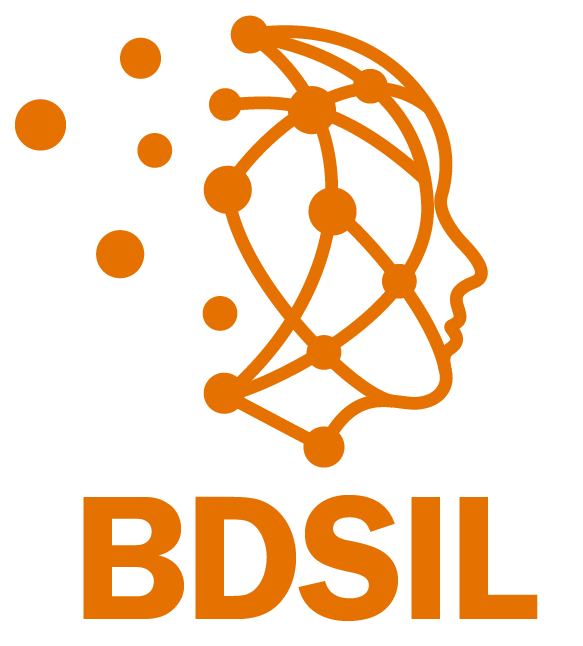Monitoring Cancer Risk Factors and Predicting Cancer Risk
Emergence of cancers involves genetic alterations as well as deep changes in the epigenome and tissue microenvironment. Mapping these changes and understanding the mechanisms in early stages of tumorigenesis have significantly advanced understanding cancer development and provide approaches for early detection and predicting risk. Current advances and approaches in epigenetic analyses and transcriptomic analyses of cellular states using single cell approaches and their impact on cancer biology and diagnostic approaches will be discussed.
Dr. Hari Easwaran serves as Associate Professor of Oncology in the Sydney Kimmel Cancer center at the Johns Hopkins University. Dr. Easwaran received his Ph.D. from Humboldt University, Berlin, in the labs of Drs. Cristina Cardoso and Heinrich Leonhardt, where he defined the mechanisms underlying maintenance of DNA methylation by the key epigenetic enzyme, DNA methyltransferase-1 (DNMT1). He completed his post-doctoral training in the lab of Dr. Steve Baylin where he studied the nature of genes undergoing aberrant DNA methylation in cancer, where his work involved understanding epigenetic mechanisms involved in cancers. Dr. Easwaran’s research focuses on the roles of epigenetic mechanisms in cancer etiology, and approaches for early cancer detection and treatment using an array of wet-lab and computational methods.
